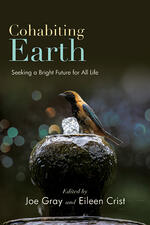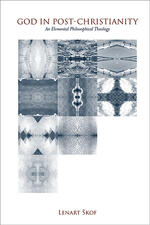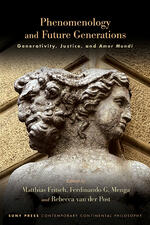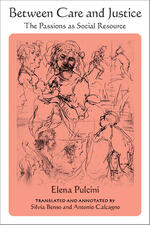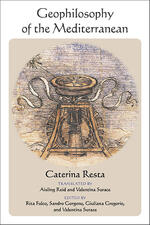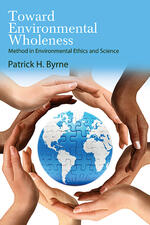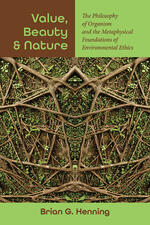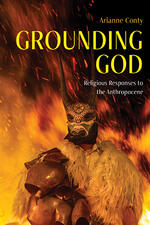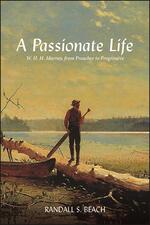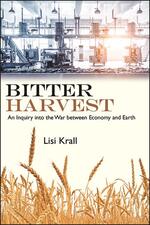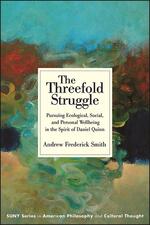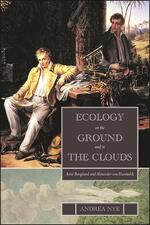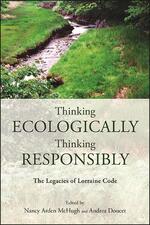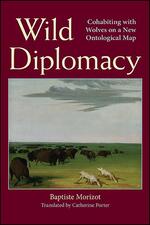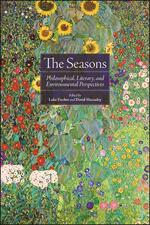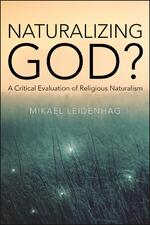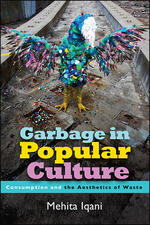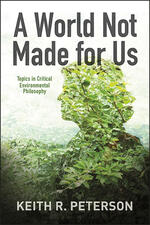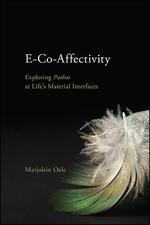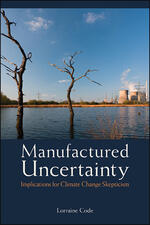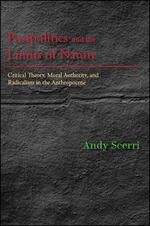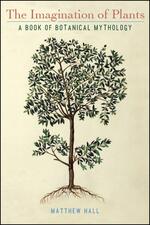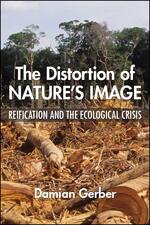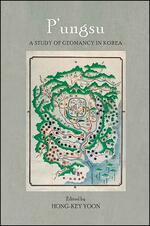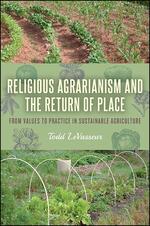Environmental Philosophy
Cohabiting Earth
Promotes a path of harmony between humanity and Earth by presenting a vision that is comprehensive in scope and offering a positive new identity for humanity.
God in Post-Christianity
Argues for a new elemental and sensory experience of God.
Phenomenology and Future Generations
Demonstrates the fertility of the phenomenological tradition of philosophy for intergenerational justice and climate ethics.
Between Care and Justice
Proposes a form of moral education that joins care and justice to nurture and develop the desirable moral sentiments for a more just world at the interpersonal, social, political economic, and environmental levels.
Geophilosophy of the Mediterranean
Aims to rethink Europe under the sign of openness and hospitality, starting from the Mediterranean—the sea that is so important for the history of the entire West—a sea of differences with a deep unitary root conceived as a paradigm for rethinking new and original forms of social and political coexistence.
Toward Environmental Wholeness
Offers a unified vision for approaching human ethical responses to what science is telling us about the crises facing our environment and climate.
Value, Beauty, and Nature
Argues that, to make progress within environmental ethics, philosophers must explicitly engage in environmental metaphysics.
Grounding God
Looks at how different religious traditions (Christian, Buddhist, neopagan, and animist) have attempted to resacralize the earth and provide new values that include the more-than-human world.
A Passionate Life
The first full biography of W. H. H. Murray (1849-1904), a Boston preacher often described as the father of the American outdoor movement and the modern vacation.
Bitter Harvest
Explores the duality between humans and Earth through a focus on the economic system changes that began with grain agriculture and has now reached its apogee in global capitalism.
The Threefold Struggle
Drawing on the thought of novelist and cultural critic Daniel Quinn, argues it is not too late to free ourselves from a culture in which we are compelled to destroy the world, one another, and even ourselves.
Ecology on the Ground and in the Clouds
Follows Alexander von Humboldt and Aimé Bonpland as they travel together in South America and then go their separate ways, in the process illustrating two very different ways of understanding humanity's place in the natural world.
Thinking Ecologically, Thinking Responsibly
Engages and extends the feminist philosopher Lorraine Code’s groundbreaking work on epistemology and ethics.
Wild Diplomacy
Explores how humans and wildlife such as wolves can cohabit with mutual respect in the same territories.
The Seasons
Pioneering essays that demonstrate the significance of the seasons for philosophy, environmental thought, anthropology, cultural studies, aesthetics, poetics, and literary criticism.
Naturalizing God?
Evaluates religious naturalists’ attempts to find a middle path between supernaturalism and atheistic secularism, and explores naturalistic, theistic, and panpsychist solutions.
Garbage in Popular Culture
Explores the cultural politics of garbage in contemporary global society.
A World Not Made for Us
Proposes a nonanthropocentric reassessment of key themes and approaches in environmental philosophy
E-Co-Affectivity
Offers an interdisciplinary investigation of affectivity in various forms of life.
Manufactured Uncertainty
Wide-ranging critique of the epistemological and ethical assumptions that underlie contemporary debates concerning climate change.
Postpolitics and the Limits of Nature
Explores why past generations of radical ecological and social justice scholarship have been ineffective, and considers the work of a new wave of scholarship that aims to reinvent the radical project and combat injustice.
The Imagination of Plants
Examines the role of plants in botanical mythology, from Aboriginal Australia to Zoroastrian Persia.
The Distortion of Nature's Image
Illustrates how the notion of an ecological society remains a decisively political question.
P'ungsu
The first scholarly book to address Korean geomancy through an interdisciplinary lens.
Religious Agrarianism and the Return of Place
Examines religious communities as advocates of environmental stewardship and sustainable agriculture practices.
